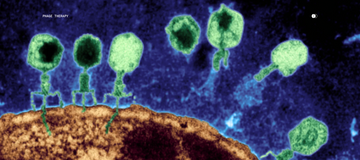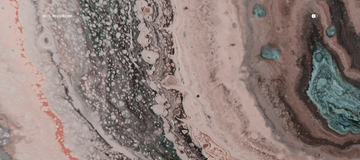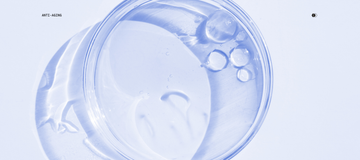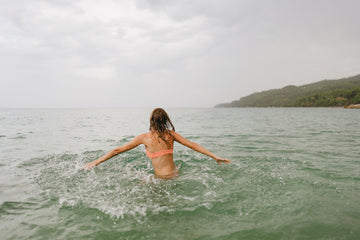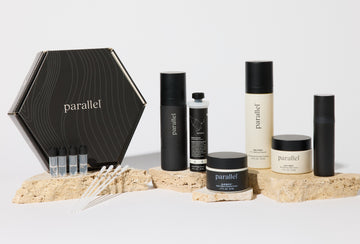Activities in the rain are generally stereotyped as romantic pastimes, like “dancing in the rain,” “singing in the rain,” or “kissing in the rain.” But, how about swimming in the rain? Think twice, especially if in the ocean. Stormwater runoff carries a cocktail of contaminants, including bacteria, fertilizers, oil, and sewage, into our oceans and waterways, raising questions about the safety of ocean activities post-rain.
Why is it risky to go in the water after it rains?
When rain falls, it washes over urban areas, agricultural lands, and sewage systems, collecting pollutants along its path before ultimately reaching the ocean. This runoff introduces bacteria, fertilizers, oil, and other contaminants into coastal waters, posing potential health risks. Research conducted by UC Irvine documented significant spikes in fecal indicator bacteria concentrations following rain events, underscoring the heightened risk of gastrointestinal illnesses, respiratory infections, and skin ailments.

One of the most concerning pollutants is fecal bacteria, such as E. coli and enterococci, which thrive in human and animal waste. These bacteria can pose serious health risks if ingested or come into contact with open wounds.
Swimming in the ocean after rainfall can exacerbate existing skin conditions and cause new problems to arise. Exposure to bacteria in ocean water can irritate the skin, leading to inflammation and redness, particularly in those with sensitive skin or pre-existing dermatitis. Folliculitis, commonly known as "swimmer's itch," may develop due to bacteria entering hair follicles, resulting in red bumps, itching, and discomfort. Moreover, bacterial infections such as cellulitis and impetigo can occur when pathogens enter breaks or cuts in the skin, with polluted water increasing the risk of these infections, ranging from mild to severe and potentially requiring medical treatment.
How long should I wait before it's safe to go back in?
The Department of Environmental Health advises caution, recommending a 72-hour hiatus from activities like swimming, surfing, and diving after rainfall. Studies have shown that the risk of infection peaks during and immediately after rain, gradually subsiding over the following days. Adhering to this guideline can help mitigate the chances of exposure to harmful bacteria and protect your health.
By monitoring local water quality advisories and heeding safety recommendations, you can make informed decisions about your beach plans, ensuring a safe and enjoyable experience for you and your loved ones.
How to Protect Your Skin
Swimming in contaminated water can worsen skin conditions, but you can help protect your skin with our advanced skincare solutions. Our Skin Barrier Silk Cream and Custom Active Phage Serum are designed to strengthen your skin's defenses and maintain its health even in challenging environments. Try them today and experience the difference in your skin's resilience and appearance.







